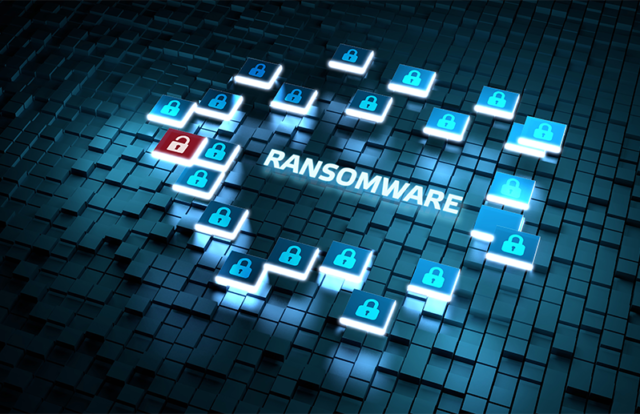
The Virtual Counter-Ransomware Initiative meeting facilitated by the White House National Security Council, to deliberate the efforts to improving national resilience, addressing the misuse of virtual currency, laundering ransom payments, disrupting the ransomware ecosystem, and prosecuting the cybercriminals, has resulted in actions being initiated to address the increasing ransomware attacks. Officials from 31 countries and the European Union have issued a joint statement that their governments would take action to disrupt the payment channels and address the misuse of virtual currency.
There has been a spate of incidents where ransomware has been demanded in the form of cryptocurrency by cybercriminals for ease of business operations. Incidents of rising ransomware attacks have been reflecting the low resilience of the critical network infrastructure and the vulnerabilities.
The statement was issued by ministers and representatives from Australia, Brazil, Bulgaria, Canada, the Czech Republic, the Dominican Republic, Estonia, European Union, France, Germany, India, Ireland, Israel, Italy, Japan, Kenya, Lithuania, Mexico, the Netherlands, New Zealand, Nigeria, Poland, Republic of Korea, Romania, Singapore, South Africa, Sweden, Switzerland, Ukraine, United Arab Emirates, the United Kingdom, and the United States.
Per the White House statement, significant economic losses have been incurred globally due to the increased ransomware attacks. “Ransomware payments reached over $400 million globally in 2020, and topped $81 million in the first quarter of 2021, illustrating the financially driven nature of these activities.”
Ransomware is a world-wide threat leveraging global infrastructure – and no country can fight it alone. This week, the United States and dozens of nations aligned on common approaches to counter it together.
— Jake Sullivan (@JakeSullivan46) October 14, 2021
The Counter-Ransomware Initiative
Governments of the 30 countries have realized the need for an immediate action plan and collective effort to tackle the risk of ransomware. Cybercriminals abuse the financial mechanism of countries and launder huge amounts through cryptocurrency mining, evading all kinds of surveillance.
The White House states, “We are dedicated to enhancing our efforts to disrupt the ransomware business model and associated money-laundering activities, including through ensuring our national AML frameworks effectively identify and mitigate risks associated with VASPs and related activities. We will enhance the capacity of our national authorities, to include regulators, financial intelligence units, and law enforcement to regulate, supervise, investigate, and act against virtual asset exploitation with appropriate protections for privacy, and recognizing that specific actions may vary based on domestic contexts. We will also seek out ways to cooperate with the virtual asset industry to enhance ransomware-related information sharing.”
The need of the hour is to collectively look at the problem of exploitation of the digital asset platform and disrupt the machinery from further exploiting the platform. As policies and regulations vary from one jurisdiction to the other, this effort will help accelerate the investigation and prosecution of the criminals. The problem has been exacerbated as incidents of attack are treated in isolation.
“Ransomware criminal activity is often transnational in nature, and requires timely and consistent collaboration across law enforcement, national security authorities, cybersecurity agencies, and financial intelligence units. Such collaboration must be consistent with domestic legal requirements and may be pursued alongside diplomatic engagement so that malicious activity can be identified and addressed, and the actors responsible can be investigated and prosecuted. Together, we must take appropriate steps to counter cybercriminal activity emanating from within our own territory and impress urgency on others to do the same, in order to eliminate safe havens for the operators who conduct such disruptive and destabilizing operations,” the White House said.










